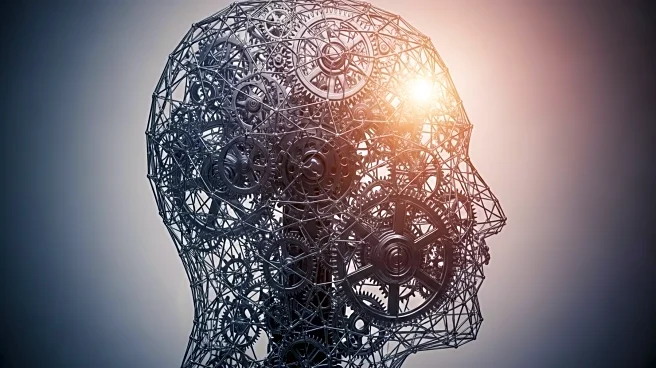What is the story about?
What's Happening?
Researchers from McGill University and the University of Toronto have developed a new theoretical model to explain the psychological phenomenon of gaslighting. Led by Willis Klein, the study suggests that gaslighting is a learning process influenced by prediction error minimization (PEM), where manipulators exploit their victims' trust to alter their perception of reality. This model challenges traditional psychodynamic perspectives, offering a fresh approach to understanding how gaslighters manipulate their targets by creating doubt and confusion. The research aims to provide a scientific basis for studying gaslighting, which has been widely discussed in popular culture but lacks comprehensive academic exploration.
Why It's Important?
The development of this new model is crucial as it provides a scientific framework for understanding gaslighting, a form of psychological manipulation that can have severe impacts on mental health. By identifying the mechanisms behind gaslighting, the research could lead to better support systems for victims and inform therapeutic practices. Understanding gaslighting as a learning process highlights the importance of trust and interpersonal relationships in shaping one's reality, emphasizing the need for awareness and education to prevent manipulation. This study could pave the way for further research into personal vulnerabilities and resilience against psychological abuse.
What's Next?
Future research is expected to explore personal characteristics that may influence susceptibility to gaslighting, such as attachment styles or trauma history. The study's authors hope to validate the model's components and develop strategies to support victims. Additionally, the findings may inform public awareness campaigns and educational programs to help individuals recognize and resist manipulative behaviors. As the model gains traction, it could influence psychological research and therapy practices, offering new insights into interpersonal dynamics and mental health.
















